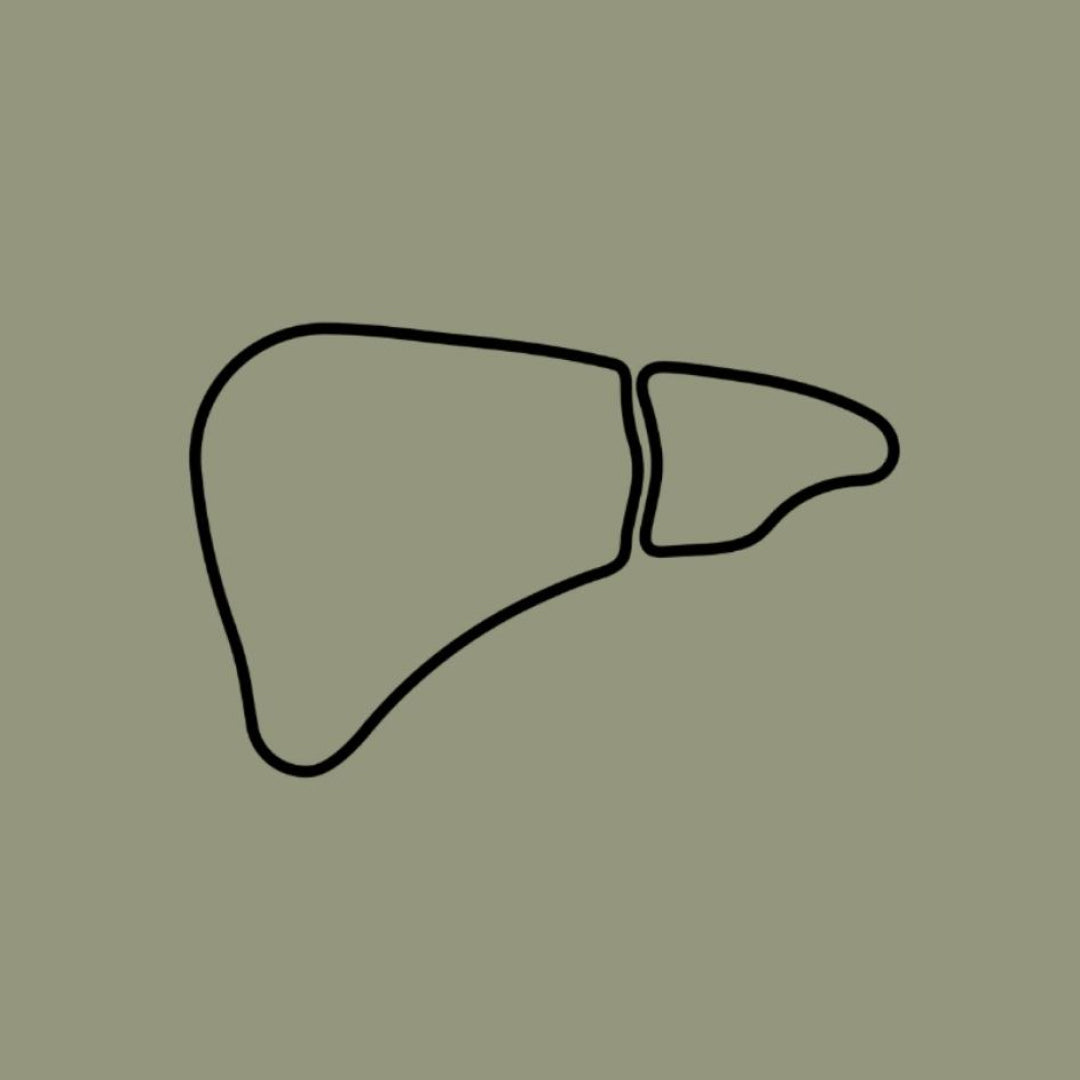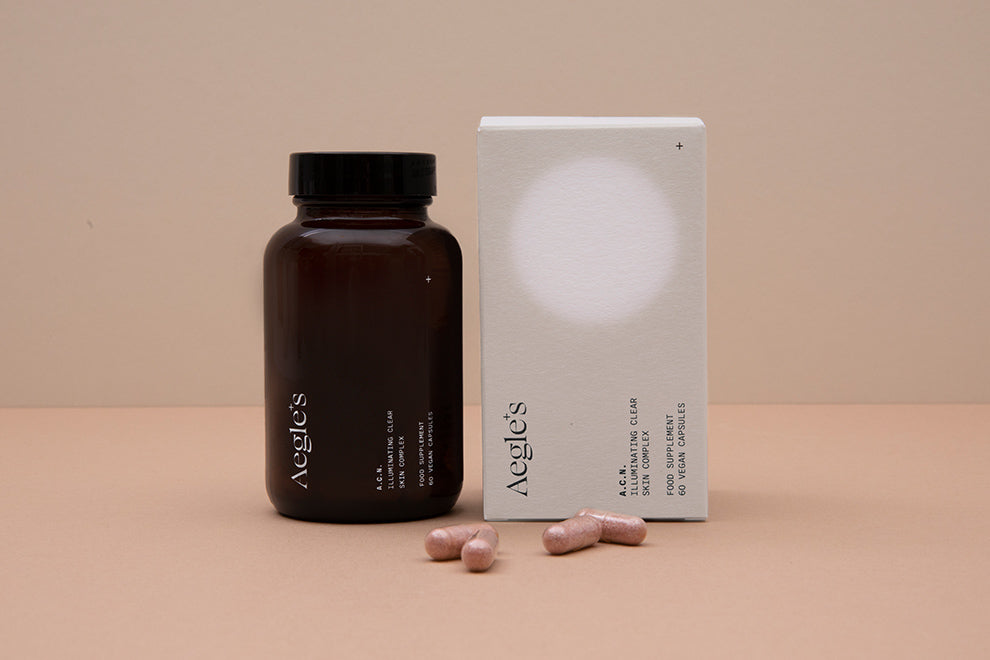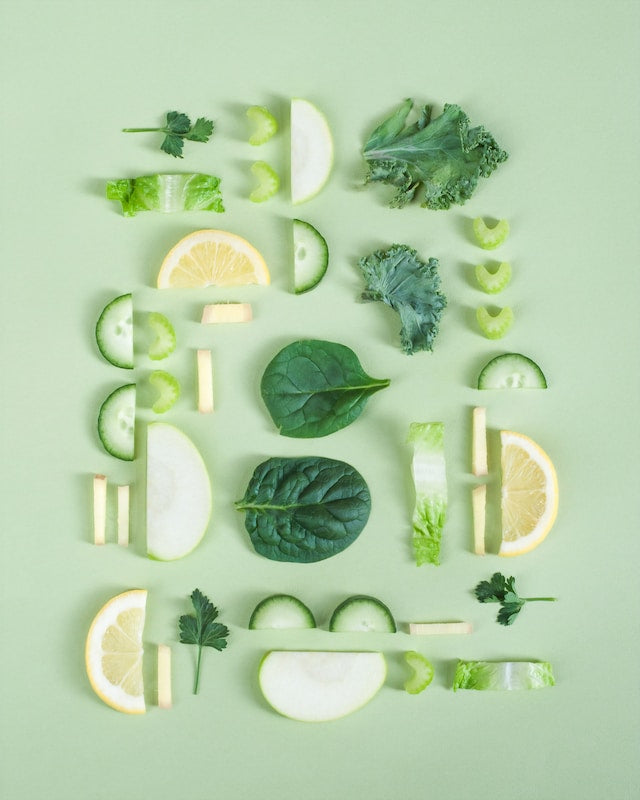

You may have heard that you need to detox your liver to heal your skin.
But what does cleansing the liver even mean? Why does the liver need to be detoxed, and would someone with a healthy lifestyle need to cleanse their liver to get clear skin too?
This article explores the science behind the connection between the liver and skin issues, and what you can do to improve your skin health by taking better care of your liver.
First, let’s take a look at the role the liver has to play in the body.
The functions of the liver
The liver has over 500 vital functions in the body. And while some of these functions are more likely to affect the skin than others, in truth, every function is valid, as even the most minor process in some way involves the entire body.
This means, the healthier our liver the healthier our body, including our skin.
The liver as a filter
The liver is responsible for the filtering of everything ingested into the body. That includes all foods, drinks, medications, herbs, and supplements. It also includes any chemicals in the air we breath and products we put onto our skin.
The liver excretes any waste produced by this filtering process into bile or blood. Bile is a digestive fluid produced by the liver.
Bile waste then exits the body in faeces, and blood waste is further filtered by the kidneys and then excreted in the urine.
As you can imagine, as the liver filters everything that enters into the body, a poor diet, alcohol misuse, and obesity can cause stress on the liver. And when the liver is stressed, it’s not able to function at its optimal capacity.
And as we already know, as every function of the liver involves the entire body, when the liver is compromised, it can cause a range of health issues and symptoms, including skin problems.
The liver as a hormone regulator
The liver also has the function of regulating sex hormones, such as androgens, estrogens, and progesterone. This regulation process involves both normalising levels and maintaining healthy hormonal ratios.
Any excess hormones processed by the liver are made inactive or detoxed. This regulation function is driven by glucuronic acid, which is a sugar acid derived from glucose.
Glucuronic acid and acne
When there are insufficient levels of glucuronic acid in the body, the liver does not have enough resources to carry out optimal hormone regulation, which can result in abnormalities in sex hormone levels and ratios.
The sex hormones specifically linked to acne are androgens, estrogen, and progesterone. Each of these hormones relies on glucuronic acid for regulation in the liver. When there are anomalies in the levels and ratios of these hormones, the imbalance can cause chronic acne.
So as we can see, there is a direct link between depleted glucuronic acid in the body and imbalanced sex hormones, which can lead to hormonal blemishes.
We can also see that the link between the liver and skin issues is not so much that the liver needs a detox or cleanse. It’s simply lacking the resources that it needs to be able to function at its optimal level.
You may then be wondering how to prevent glucuronic acid depletion.
What causes low glucuronic acid?
Our body is very good at maintaining and regulating its vital resources. However, there is a direct link between pharmaceutical medication use and a depletion in glucuronic acid.
Medications, in particular, that can cause depletion are ethanol, morphine, paracetamol (acetaminophen), cyclooxygenase inhibitors (NSAIDs), endogenous steroids, and certain benzodiazepines.
If you are using any of these medications, it does not mean that you need to come off them. What it does mean is that you can modify your diet and consider supplementation to help to boost your natural levels of glucuronic acid.
The link between glucuronic acid and glucose
Glucuronic acid is derived from glucose through a process of oxidation. When someone has insulin resistance or glucose intolerance, the glucose in the body is not used sufficiently. This can result in low levels of glucuronic acid and therefore acne.
How to boost glucuronic acid
You can begin naturally boosting glucuronic acid today by adding more of these foods into your diet: Apples, grapefruits, bean sprouts, cruciferous vegetables (kale, cabbage, brussel sprouts, etc.), tomatoes, and kombucha.
If you have a hypothyroid condition, cruciferous vegetables are contraindicated, so focus on the other food options.
In cases where low glucuronic acid is due to insulin resistance or glucose sensitivity, boosting levels will be a matter of maintaining a low sugar and low simple carbohydrate diet. It’s also essential to maintain a healthy weight and exercise regularly.
Glucuronic acid is also available as the supplement Calcium D-glucarate in capsule form.
How to support a healthy liver
Supporting the health of the liver is easily done through diet, herbs, lifestyle changes, and supplementation.
The following diet and lifestyle changes will help to support healthy functions of the liver:
- Eating a diet low in processed foods, additives, fried foods, sugar, simple carbohydrates, trans fats, red meat, and alcohol.
- Eating foods high in glucuronic acid: Apples, grapefruits, bean sprouts, cruciferous vegetables (kale, cabbage, brussel sprouts, etc.), tomatoes, and kombucha
- Eating foods that stimulate bile flow: Beetroot, dark leafy greens, artichokes, and pickles
- Drinks that stimulate bile flow: Coffee, lemon water, beetroot and celery juices
- Eating a diet rich in fruits and vegetables (both raw and cooked), healthy fats and proteins
- Staying hydrated
- Quitting smoking
- Reducing stress
- Avoiding over-consumption of food – only eating until about 80% full
- Maintaining an exercise regime
- Maintaining a healthy weight
If you are concerned that you have a more serious liver condition, or if you want more tailored liver support, you should make an appointment with a certified natural therapist or doctor.

Start your journey to heal your skin now.
- Contains ingredients clinically proven to improve blemishes and skin radiance.
- Formulated by one of the world's leading skin practitioners.
- The only supplement that works for the three main causes of blemishes, blackheads and oily skin.






